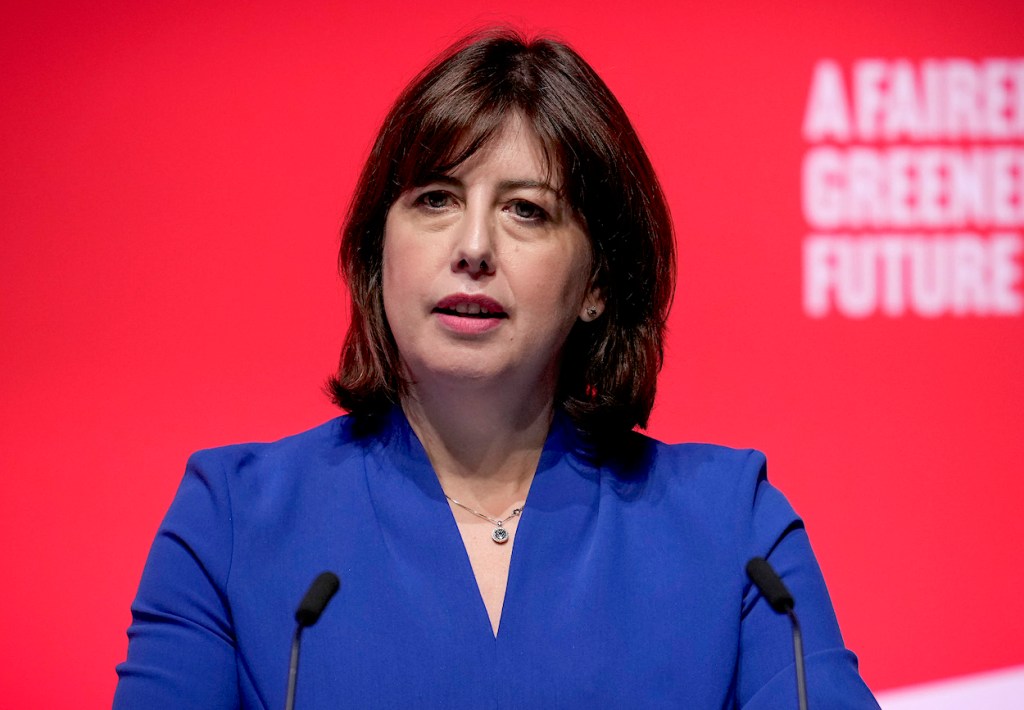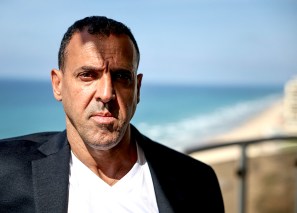There are moments in the life of a democracy when ambiguity becomes complicity. On Sunday, in the heart of London, such a moment unfolded with eerie precision and devastating clarity. During the annual Quds Day rally – an event imported from the revolutionary streets of Tehran – demonstrators hoisted images of Ayatollah Ali Khamenei, the Supreme Leader of the Islamic Republic of Iran. In a city that prides itself on liberty, tolerance, and pluralism, the figurehead of a regime known for repression, hostage diplomacy, antisemitism, and extraterritorial assassination plots was paraded as an icon of defiance. One might ask, defiance of what? Of Zionism? Of oppression? No. Of Britain itself: its laws, its values, its sovereignty.
The silence of the British state is damning
Quds Day, conceived by Ayatollah Khomeini in the wake of the 1979 Islamic Revolution, is not a protest in the conventional sense. It is not an organic call for justice or peace. It is a theocratic ritual, meticulously orchestrated each year by the Iranian regime to export its revolutionary doctrine, to sanctify hatred of Israel, and to vilify the West.
In Iran, Quds Day is marked by chants of ‘Death to Israel’, missile parades, and public declarations of loyalty to the regime. In London, the form may be different – the faces less obviously militant, the slogans more carefully curated – but the ideology remains intact. The enemy is the same, and the silence of the British state is just as damning.
This silence is not born of ignorance. We know who the Islamic Republic is. We know what it does. MI5 has said it plainly: Iran is now a direct threat to life in the United Kingdom. This is not a diplomatic inconvenience, not a foreign policy concern to be managed with delicacy, but a clear and present danger to our national security.
Over the past two years alone, British intelligence services have foiled at least fifteen Iranian plots to abduct or kill dissidents on British soil. British-Iranian citizens live under surveillance, BBC Persian journalists are harassed, and exiled critics of the regime are warned daily that the long arm of Tehran reaches into our cities.
Despite this, Quds Day is permitted to proceed. And not in the shadows, not in whispered circles, but on the broad boulevards of our capital, in full view of the public and the authorities.
The banners of terror organisations such as Hezbollah and Islamic Jihad – both fully proscribed under British law – are now replaced by proxy symbols that aim to evade prosecution but fool no one. Ayatollah Khamenei’s image, in this context, is not simply a portrait. It is a declaration of loyalty to a foreign power whose intelligence services plot murder on our soil.
What makes this reality even more disconcerting is that the legal tools to confront it already exist. The National Security Act 2023 was enacted precisely to criminalise foreign-state-directed activities that undermine British democracy or intimidate our population. The Foreign Influence Registration Scheme was designed to force transparency from those lobbying or operating on behalf of hostile foreign states. These instruments are not abstract. They were not conceived for hypothetical threats. They were passed in response to the very kind of activities we now see brazenly conducted under the guise of protest. Yet, they remain largely unenforced when it matters most.
The issue is not legal ambiguity. The issue is political will – or rather, the lack of it. In the name of tolerance, we have tolerated the intolerable. In our desire to be inclusive, we have included those who seek to dissolve the very institutions that guarantee that inclusivity. We have allowed a theocracy to colonise our public space: not with bombs, not with armies, but with slogans, symbols, and ideological intimidation.
This failure exacts a cost. It is borne by British Jews, who must now live with the knowledge that calls for Israel’s annihilation are no longer confined to the dark recesses of the internet. It is borne by Iranian dissidents, many of whom fled persecution only to find the regime’s reach extending into their exile. It is borne by Muslim reformers, feminists, Baha’is, secular thinkers: all those who stand for a vision of Islam not rooted in fear or political supremacy, but in reason and dignity. Ultimately, it is borne by Britain itself. For when a liberal democracy allows the enemies of liberty to perform their rituals of hate on its own streets, it risks becoming an accomplice in the erosion of its own ideals.
In Tehran, they know exactly what Quds Day means. They know it is not just a parade
A mature state must be capable of distinguishing between political dissent and ideological warfare. It must be able to say that raising the image of Khamenei in London is not simply tasteless; it is dangerous.
What is needed now is not new legislation, but the enforcement of existing law with courage and consistency. The police must be equipped – not only with powers, but with the training and understanding to recognise the coded language and strategic ambiguity with which radical actors operate. Intelligence on foreign-directed organisations masquerading as charities or community groups must be acted upon. Above all, there must be moral clarity: Iran’s regime is not a misunderstood geopolitical actor. It is a totalitarian state that has made a theatre of the West’s freedoms and is using those freedoms to stage its own ideological insurgency.
The Quds Day rally is not an anomaly; it is a barometer. It tells us how far we have allowed a hostile power to walk into our civic space, wave its banners, and test the limits of our complacency.
In Tehran, they know exactly what Quds Day means. They know it is not just a parade. It is a projection; a ritualised assertion of ideological dominance. A message that their revolution is not contained, that their war is not just with Israel but with every liberal society that refuses to bend to their will. This message is not veiled; it is declared, week after week, in Friday sermons across Iran, where state-sanctioned preachers chant with impunity: ‘Death to Israel, Death to England, Death to America.’ These are not slogans of protest: they are declarations of hostility, echoed and amplified through Quds Day marches worldwide, including those now disgracefully permitted on British soil.
The question is: do we know it? If we do, when will we finally act on that knowledge – not with hesitation, but with the seriousness and resolve the moment demands?
Britain cannot afford another year of polite silence in the face of a regime that chants ‘death’ while we whisper ‘debate’. The stakes are too high. History will not forgive those who watched the march of tyranny pass by their window and chose to draw the curtains rather than raise the alarm.
Potkin Azarmehr also contributed to this article







Comments